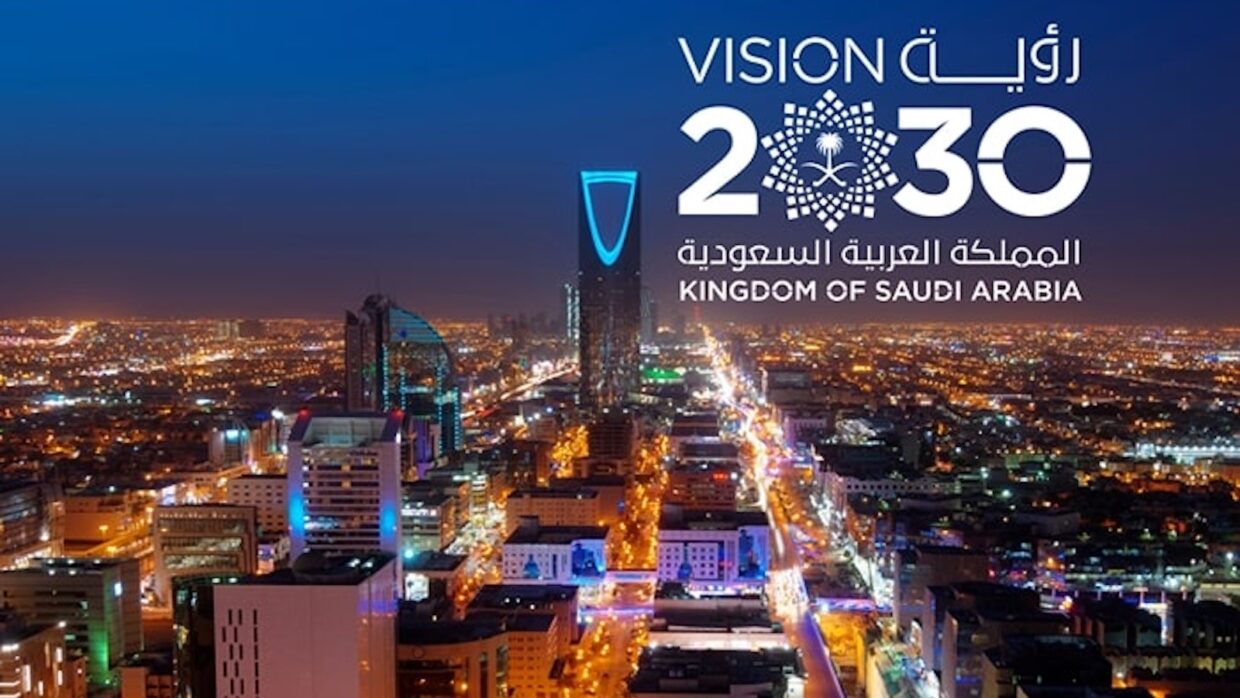For more about China’s increasingly close ties to the Middle East, read Jing Daily’s recent report “Is the Middle East the ‘Next China’ For Luxury Brands?“
Saudi Arabia, a nation historically known for its vast oil reserves, is undergoing a transformative shift under its “Vision 2030” initiative. The kingdom is steering towards a diversified economy, reducing its dependence on oil, and creating a wealth of opportunities for international businesses, particularly those from China.
The “Vision 2030” initiative is built around three central themes: fostering a vibrant society, cultivating a thriving economy, and nurturing an ambitious nation. The vibrant society aims to enhance urban development, promote culture and entertainment, bolster sports, and preserve UNESCO heritage sites. The thriving economy seeks to provide opportunities for all by aligning the education system with market demands, developing investment tools to unlock the potential of various economic sectors, diversifying the economy, and creating job opportunities. The ambitious nation theme is predicated on an effective, transparent, accountable, empowering, and high-performing government.
In recent years, Saudi Arabia has capitalized on its significant oil industry reserves to venture into the sports sector. Sports investment has emerged as a key pillar for diversifying the national economy. Riyadh, the nation’s capital, is set to host the 2034 Asian Games, marking Saudi Arabia’s first time hosting a major intercontinental sporting event. Such events typically generate substantial tourism revenue, positioning Saudi Arabia as a future tourist hotspot.
Another significant initiative under “Vision 2030” is the NEOM project, a planned smart city spanning 26,500 square kilometers. It will operate independently of the existing Saudi governmental framework and rely solely on renewable energy. The highly anticipated first phase of NEOM, known as THE LINE, is set to be implemented.
China’s political and economic ties with Saudi Arabia have strengthened in recent years. In December 2022, both countries signed an implementation plan aligning China’s Belt and Road Initiative with Saudi Arabia’s “Vision 2030.” This agreement paves the way for increased cooperation in infrastructure, energy, trade, and investment, expanding opportunities for collaboration between businesses from both countries.
Saudi Arabia’s transformation under “Vision 2030” presents a vast array of opportunities for Chinese businesses. The country’s move towards a diversified economy, coupled with its significant capital reserves and strategic initiatives like the NEOM project, positions it as a lucrative prospect for Chinese businesses seeking to expand their global footprint.



